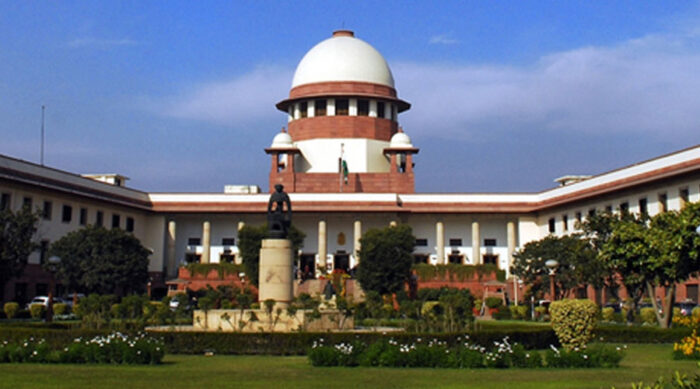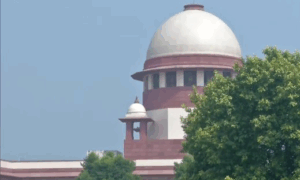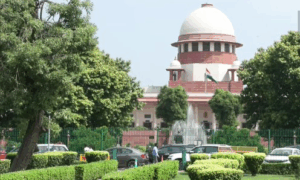
The Supreme Court has said the term ‘as soon as possible’ used in Article 200 of the Constitution in deciding the fate of bills will serve no practical purpose if Governors are allowed to withhold consent for “eternity”.
A five-judge Constitution bench made the observation even as the Centre submitted that state governments cannot invoke writ jurisdiction in moving the apex court against the actions of the President and the Governor in dealing with the bills passed by state Assemblies for violation of fundamental rights.
The top court also said the framers of the Constitution deliberately replaced an earlier six-week limit with the phrase ‘as soon as possible’ in Article 200 and asked the Centre whether this phrase can be ignored in deciding the fate of bills.
Article 200 provides for the powers of the Governor regarding bills passed by the State Legislature, allowing them to either assent to the bill, withhold assent, return the bill for reconsideration or reserve the bill for the consideration of the President.
A proviso of Article 200 says the Governor may, as soon as possible after the presentation to him of the Bill for assent, return the Bill, if it is not a Money Bill, to the house for reconsideration and shall not withhold the consent after the assembly reconsiders and sends it back to him.
“The question is when the Governor sits over a Bill passed by the legislature and keeps sitting over it. The words used were ‘as soon as possible’ .. earlier it was six weeks and later made as soon as possible and one of the members in the drafting committee stated ‘as soon as possible’ would mean immediately.. if this was the view of the constitution makers then can we ignore that,” Chief Justice of India B R Gavai asked.


















